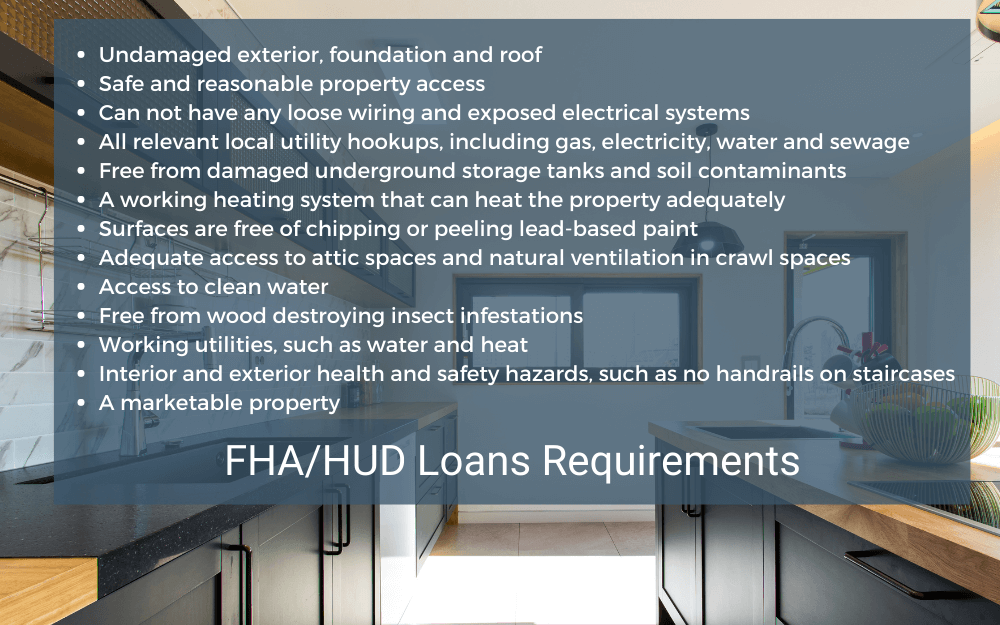Home Equity Partner is asked a lot about U.S. credit scores and what we use them for as it is part of the application process. We wanted to break this down and offer more about credit scores and how we use them.
Banks often use credit scores as a key measurement of your home loan worthiness. Home Equity Partner is very different in this sense.
General Facts About Credit Scores
Developed in the late 1950s, a credit score in the U.S. is supposed to be a comparative estimate of an individual’s creditworthiness based on a measurement of one’s credit report. The idea is that businesses lending can estimate the risk of lending money to those consumers. This was intended to be more “fair” as it was excluding personal information about the consumer and focused on something measurable.
Now the FICO score which generally ranges from 300 to 850 is used by most companies and commonly comes from Experian, Equifax, or TransUnion.
Most Credit Scores Weigh:
- Payment history
- Debt burden
- Length of credit history
- Types of credit used
- Recent searches for credit
In addition, each company can also have a specific formula and data from various bureaus which equal a different score. Banks tend to average multiple scores from different companies.
For More Detailed Information on Credit Scores Visit: https://en.wikipedia.org/wiki/Credit_score_in_the_United_States
Credit scores don’t typically take into account average account balance, average cash on hand, number of streams of income, or net worth. This can lead to some people having skewed credit scores even though they are financially stable and responsible. We also agree that these may not be the best measurements for understanding someone’s creditworthiness.
There are other special factors that can weigh on the FICO score:
- Money owed because of a court judgment, or tax lien
- Having one or more newly opened consumer finance credit accounts
Interesting fact: As of 2010, you are entitled to receive a free report of the specific credit score used if you are denied a loan, credit card, or insurance due to a credit score.
It is interesting to note that there are more credit scores besides the classic, generic, and general-purpose FICO score. Everyone can also have a bankcard score, auto score, mortgage score, personal finance score, and installment loan score. In total, people have over 60 FICO credit scores.
How Home Equity Partner View Credit Scores
Home Equity Partner considers more than just your credit score. We use a ranking system that focuses more on income and down payment than creditworthiness. The top factors in order of importance are:
- Your Income
- Your Down payment
- Past rental / Mortgage history
- Collections or Civil judgments
- Location
- Debt (good or bad)
We understand that people may have gone through difficult situations, starting a business, or experiencing a change in their life. We know that life happens and want to know more than just a credit score to approve or reject you from homeownership.
Typically, consumers would need a 620 or better to get a traditional bank loan. Home Equity Partner will consider ANY credit score. In some cases, a higher down payment may be needed to offset evictions, bankruptcies, or collections.
Lastly, Home Equity Partner knows that the current credit score system has its flaws and that is why we don’t use it as a primary qualification.
Apply to Home Equity Partner at https://homeequitypartner.com/application/




